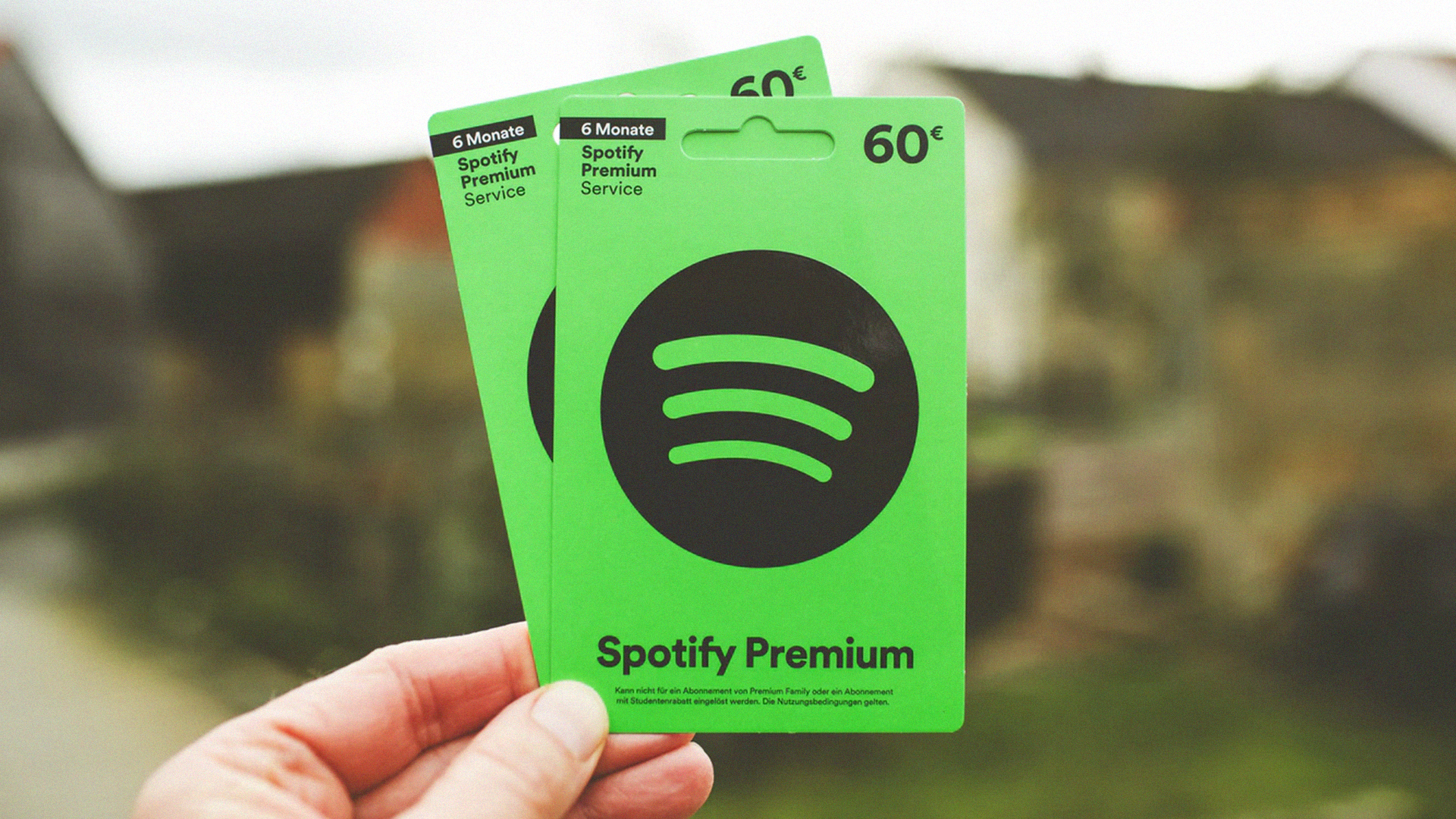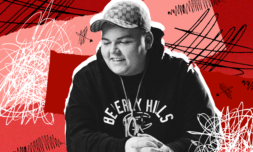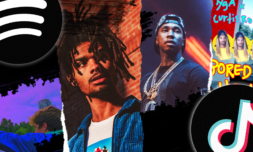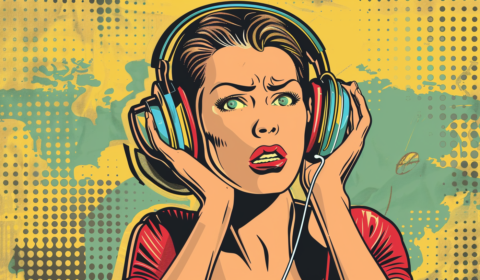It’s indicative of Spotify’s business-first approach that views music solely as a commercial product rather than personal, artful expression. Imagine Spotify is a giant factory and each album is running through a conveyor belt, scrambling to gain relevance in a sea of choice that while very pro-consumer, leaves artists reliant on Spotify’s algorithms.
The issue of fair pay has been a hot topic surrounding streaming platforms ever since they were launched in the late noughties. Spotify competitors such as Deezer and TIDAL have actually used their marginally higher artist pay outs as marketable assets in the past, implying that by signing up for their services you’re an ethically superior consumer. The reality though is that the majority of artists currently earn very little for streams, even if they’re racking up tens of thousands of plays. Musician Joanna Newsom spoke about the flaws of this business model with Larry King in 2015, describing it as a ‘cynical, musician-hating system’.
Merchandise and touring has become the backbone of profitability and now that coronavirus has made the former impossible, it’s very hard for anyone who isn’t a high end celebrity to earn cash.
Spotify’s current pay-out system, which sends money directly to labels to then redistribute as it sees fit, is flawed. To meaningfully increase revenue for artists it would need to create an extremely large pool of money that it doesn’t have, or rethink where it sends royalty payments. This means the company will likely never reach its goal of 1 million artists making a sustainable living solely through streams.
Many artists clearly feel the same way, too. Petitions have popped up online demanding a triple pay increase for artists and Ben Beaumont-Thomas from The Guardian criticised Spotify’s newly introduced ‘tip jar’ feature as a superficial solution to a wider industry problem. The bottom line is that Spotify needs to pay more money to artists and it should rethink its business model, even if it means we have to pay a little extra each month for our subscription.
https://www.youtube.com/watch?v=dEQFRjQJS9o
Streaming is a fantastic service as a consumer, but it lowers the value of a single track or album and makes it harder for everyday listeners to financially support bands they love. CEO Daniel Ek and his comments regarding musical productivity suggest the company still has a ways to go in showing compassion toward the artists that made it such an industry titan, and it’d do well to remember that music isn’t just a vehicle for profits.
Until Spotify significantly rethinks how its royalties are distributed, artists will have to continue relying on other means of revenue to make a living. Perhaps Daniel could chuck a few of those billions back our way?




















